A timeline of Novak Djokovic's path to ultimate greatness
By Aug 29, 2021By the time Novak Djokovic lost the biggest match of his career, he'd already won over the biggest audience of his life
By Sep 13, 2021To beat Novak Djokovic, Alexander Zverev said, you need to be perfect. He was right—and one mistake cost him
By Sep 11, 2021Six years ago, no one thought Serena Williams would be defeated at the US Open. But along came Roberta Vinci, and down went a calendar-year Slam
By Sep 09, 2021Jenson Brooksby and Novak Djokovic gave us a bit of everything. But it was one shot that changed the momentum in the Serb's favor
By Sep 07, 2021Novak Djokovic is searching for a Grand Slam, and a little love, at the US Open
By Sep 05, 2021Griekspoor, heckler no match for Novak Djokovic, now five wins away from completing calendar-year Slam at US Open
By Sep 03, 2021Holger Rune has his moment, but Novak Djokovic wins in four sets, leaving him six wins away from tennis history
By Sep 01, 2021Like a fine gluten-free wine, Novak Djokovic seems to only get better with age
By Aug 27, 2021Meet Don Budge, Novak Djokovic’s (calendar-year?) Grand Slam ancestor
By Aug 27, 2021A timeline of Novak Djokovic's path to ultimate greatness
As he tries to complete the ride of a lifetime at the US Open by accomplishing a calendar-year Grand Slam, here's to appreciating how Nole came to be in this position.
Published Aug 29, 2021
Advertising
Advertising
Advertising
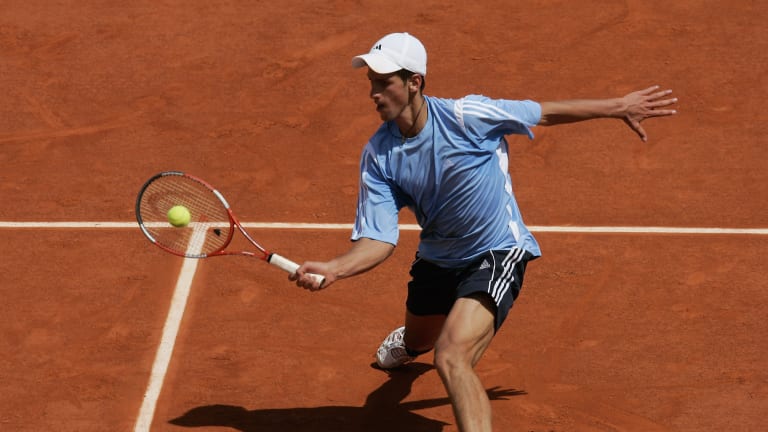
Djokovic's 2006 Roland Garros run propelled him to the Top 40.
© 2005 Getty Images
Advertising
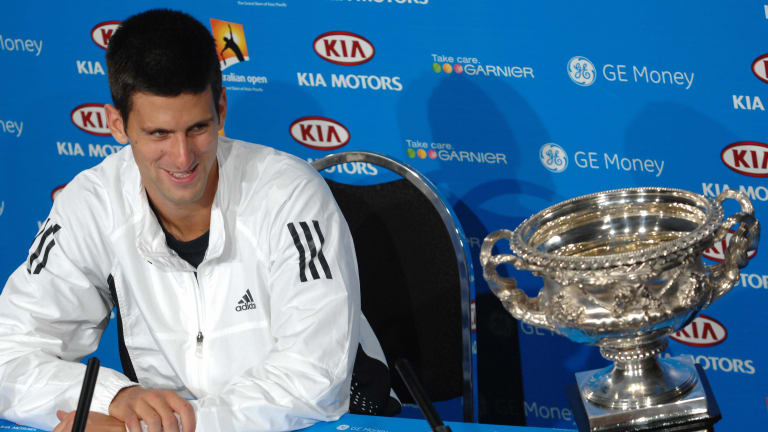
Tsonga may have got the better of Djokovic the next three times they met in 2008, but the Serbian won the biggest prize of all: a piece of major hardware.
© AFP via Getty Images
Advertising
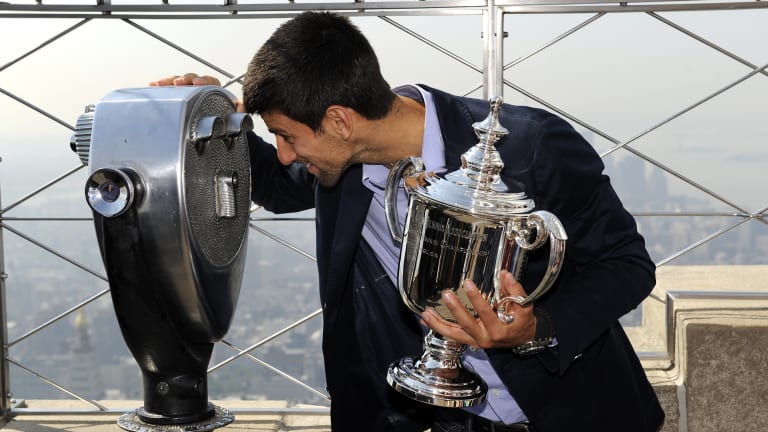
At the 2011 US Open, Djokovic erased two match points against Federer for the second straight year before outclassing Nadal in the final.
© AFP via Getty Images
Advertising
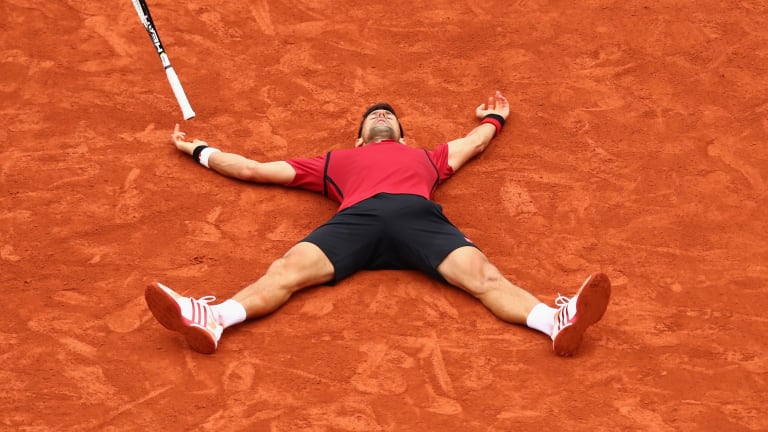
Ten years after his breakout run at Roland Garros, Djokovic triumphed at the Paris major for the first time to complete a career Grand Slam.
© 2016 Getty Images
Advertising
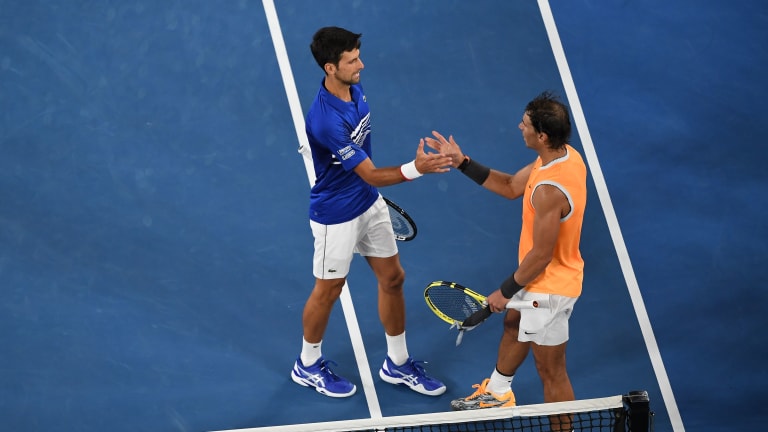
In a one-sided affair, Djokovic blitzed Nadal, 6–3, 6–2, 6–3, to clinch the 2019 Australian Open title.
© AFP via Getty Images
Advertising
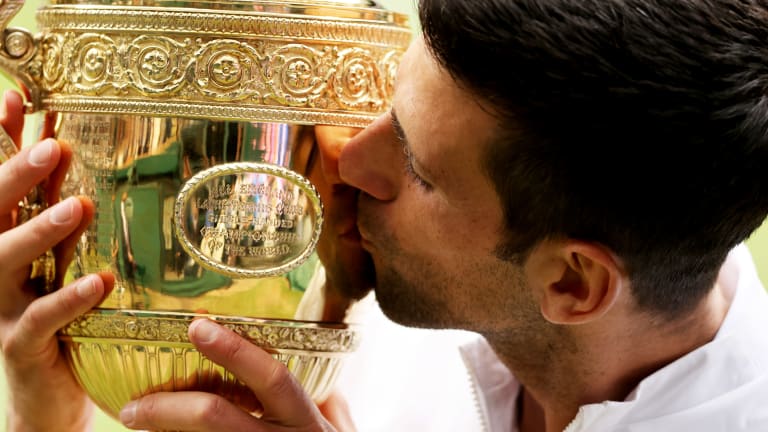
Even at last: Djokovic's 2021 Wimbledon triumph put him in position to move ahead of Federer and Nadal for the first time in the major race, and earn a shot at completing an ultra rare calendar-year Grand Slam.
© Getty Images